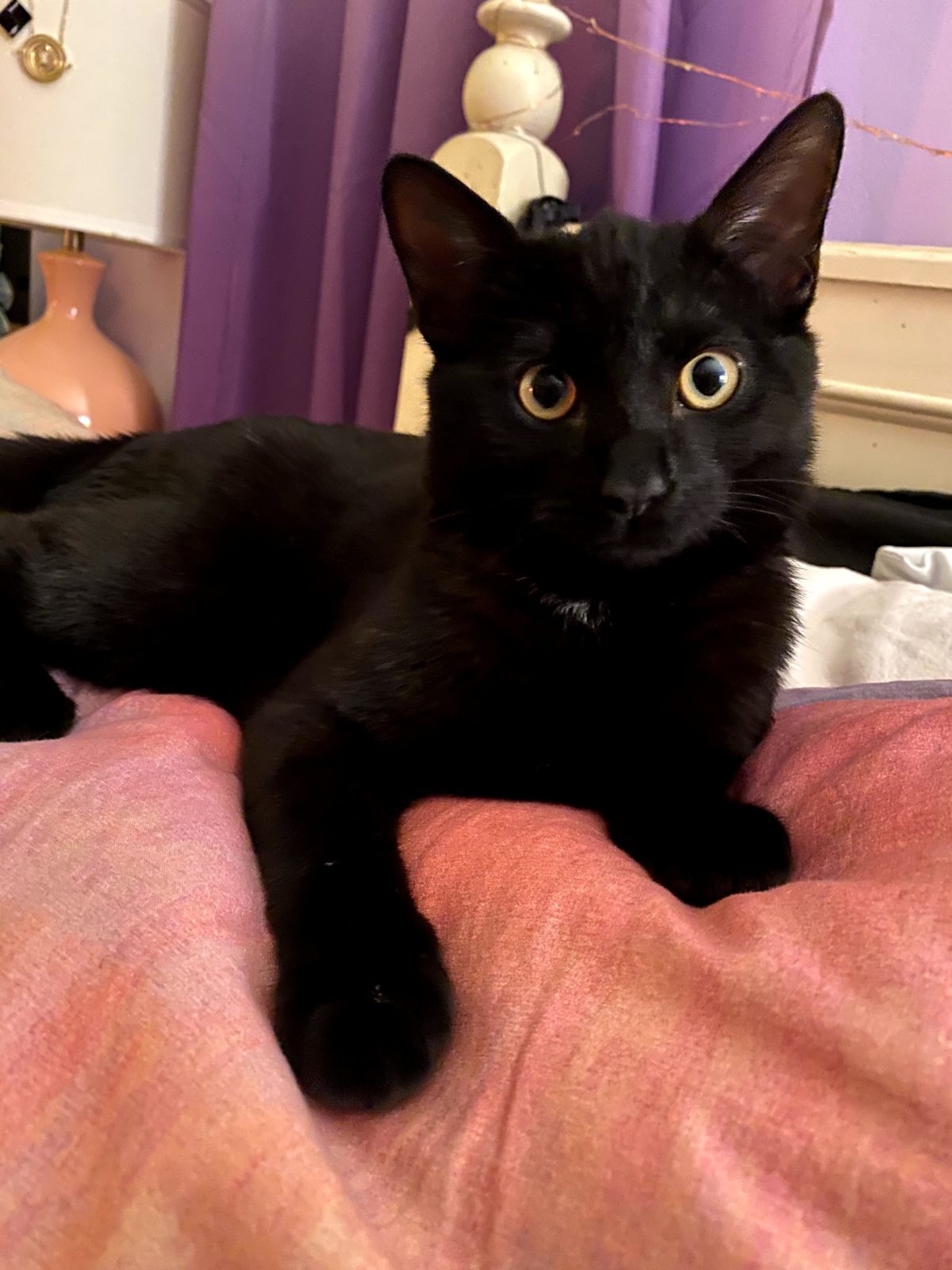Should we be overtly worried about our cats? And should we fear cats? The answer to both questions remains, “no.”

Two cats with mild respiratory issues in New York, from different parts of the state, tested positive for COVID-19. They are the first two pet cats to test positive in the U.S. Outside the U.S., only two other cats have tested positive. They both recovered. By comparison, 2.7 million humans have been confirmed to have had COVID-19 and almost 200,000 have died.
Should we be overtly worried about our cats? And should we fear cats? The answer to both questions remains, “no.”
The U.S. Department of Agriculture — the agency that analyzed the samples to confirm the positive tests in the cats — says “there is no evidence that pets play a role in spreading the virus in the United States. Therefore, there is no justification in taking measures against companion animals that may compromise their welfare”.
Likewise, “The CDC, the World Health Organization, the World Organization for Animal Health and other public health bodies and experts agree on this: There’s no evidence that animals transmit the virus to humans or have played a role in its spread”.
That is not surprising. A study which tried to infect cats with SARS-CoV-2, the virus which causes COVID-19, found that none of the cats had symptoms despite being injected with a massive dose of the virus.*
In fact, Idexx Laboratories has analyzed more than 5,000 samples “from pet cats and dogs in 17 countries that were submitted by veterinarians for respiratory-related tests. It found zero cases:” Since Idexx is the global leader in animal diagnostics, a laboratory most veterinarians in the U.S. have used to test client pets for a variety of issues, and given how widespread it is in humans, they would be “aware if there were lots of cats coming into veterinary hospitals or clinics with [the] illness.” As they note, “That certainly doesn’t seem to be the case“.
Another commercial laboratory in the United States also reported they had tested “thousands of specimens from dogs and cats for SARS-CoV-2 and had obtained no positive results. These specimens have come from the United States, South Korea, Canada, and Europe, including regions concurrently experiencing human COVID-19 cases”. Given the evidence, the chief of the Zoological Pathology Program at University of Illinois’s veterinary college says, “If this was going to be a serious problem for cats, we would have seen greater numbers.”
Outside of a laboratory setting, one of the reasons so few cats have had it worldwide may be that cats, like dogs, are “dead end hosts.” According to a Tufts University virologist, “The virus may be able to infect tissues or cells in a host, say, the respiratory tract, but they’re not able to complete the life cycle in terms of transmitting to a new host“. In fact, another cat in the same household as one of the positive New York cats did not acquire COVID-19.
Both cats are expected to make a full recovery.
* It should go without saying that there are the ethical issues inherent in any study that would deliberately attempt to inflict on sentient, non-human animals a disease so grave in terms of potential suffering and death that we have all collectively adopted extreme measures, including shutting down the economies of the world, to avoid contracting it ourselves.
————-
Have a comment? Join the discussion by clicking here.